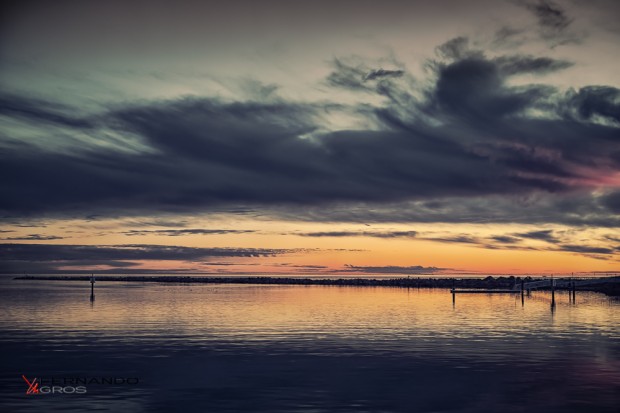A State By Any Other Name
I’m currently spending some time in Adelaide, one of the Australian cities that isn’t Sydney or Melbourne. Adelaide is the capital of South Australia, one of Australia’s six states. The latest edition of Monocle mentioned a concern of local politicians. Apparently South Australia (SA for short) lacks “brand recognition.” There’s a suggestion the state should […]

I’m currently spending some time in Adelaide, one of the Australian cities that isn’t Sydney or Melbourne. Adelaide is the capital of South Australia, one of Australia’s six states.
The latest edition of Monocle mentioned a concern of local politicians. Apparently South Australia (SA for short) lacks “brand recognition.” There’s a suggestion the state should consider changing its name.
A State By Any Other Name
One local news report quotes, Peter Vaughan chief executive officer of Business SA as saying,
“I’ve been with two Premiers on three overseas trips and whenever we go somewhere that’s not familiar with Australia the words South Australia are impossible to understand.
(It) means to everybody from overseas the whole of the south of Australia. And the initials SA mean South Africa to most other people in the world.”
A local bookmaker has even opened a market of possible new names for the state.
Do States Matter?
My first reaction was wince at the thought of politicians and political lobbyists talking about “branding” a state. Of course, states have identities. But, to reduce a state, or any civic institution, to the level of a brand is asinine. States are, by sheer force of the historical and cultural experiences that form them, far more complex than any brand.
But, perhaps the bigger question is, do state identities even matter on the international stage? Think of Manchester, Milan and Mumbai. All famous cities. But, can you name the county, region and state, respectively, to which they each belong?*
Of course, within a country, state identities help define provincial differences. States and provinces will be compared, ranked and evaluated. In Australia people define themselves by the perceived values and traits of their home (and adopted states). But, that’s within the country. Outside of Australia – who cares?
What Does Matter?
It might not be what state politicians and provincial lobbyists want to hear, but once you get on the international stage what matters are cities and countries.
When we look across the globe and imagine the places we might like to live and work, it’s always cities and countries. People dream of moving to San Francisco to be part of Silicon Valley, or Los Angeles to be part of Hollywood. The cache of California, as a state, is a by product of the cultural and economic engine of its cities, not the other way round.
Drawing A Better Picture
I’m not convinced changing South Australia’s name is a worthwhile endeavour, largely because I’m not even sure it makes sense to market a state. If South Australia has poor “brand recognition, then it really comes down to Adelaide being a second-tier city.
In Monocle’s recent quality of life survey, Sydney and Melbourne both appear in top 25 cities of the world (eight and six respectively). This reflects the way most people outside Australia view this country. After all, if you work for a major multinational corporation, the odds are a posting to Australia will see you moving to either Melbourne or Sydney.
Our world is being divided, more and more, along global and local (provincial lines). The global economy is run out of a handful of key global cities (New York, London, Tokyo etc) and a larger number of world cities (Shanghai, Singapore, Hong Kong, Mumbai, Sydney, Frankfurt). Everyone else is vying for a place on a local, or provincial level.
Forget About South Australia, Think About Adelaide
Adelaide itself hasn’t done too badly in recent years. Some great public projects have made this city ever more attractive. Certainly, in my quality of life rankings, Adelaide wins over Sydney, the city of my childhood.
The real challenge for Adelaide is finding a way to participate more directly and prominently in the global economy. The city is already has great universities, is a natural hub for Australia’s wine industry, an integral port for the mining sector and hosts important sporting and cultural events
If the city can open more direct links to Asia and attract more global companies to open here (and more entrepreneurs), then Adelaide will earn a more prominent global name for itself in a way that logos, new state names and exercises in rebranding could never hope to achieve.
*In case you were wondering, Manchester is in the county of Greater Manchester, Milan is in the region of Lombardy and Mumbai is in the state of Maharashtra




